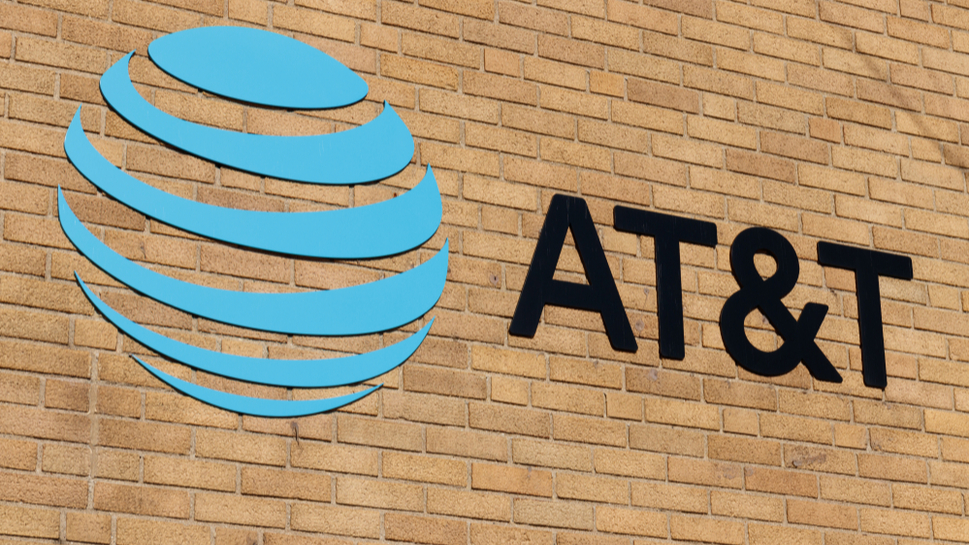
American telecommunications behemoth AT&T has finally confirmed the authenticity of the 2021 data breach that spilled sensitive user information on the dark web, and has initiated a mass reset of user passcodes.
Roughly three years ago, privacy blog RestorePrivacy broke the news of a hacker selling sensitive data belonging to more than 70 million AT&T customers. The data allegedly contained people’s names, phone numbers, postal addresses, email addresses, social security numbers, and dates of birth.
While AT&T initially denied the breach, saying the data wasn’t from the company, the hacker, going by the name “ShinyHunters” said the organization will likely continue denying until they leak it all.
Mass reset
Surely enough, last month, a seller published the full database, affecting 73 million people - and TechCrunch analyzed the database, confirming its authenticity, and also establishing that it contained user passcodes, prompting a swift alert towards AT&T.
Passcodes are four-digit numbers that work as the second security layer, and are used to access user accounts. Even though they were encrypted, some researchers argued that it is something that can be worked around. Apparently, there is not enough randomness in the encrypted data, which means that in theory, a threat actor could guess the passcode.
It seems the threat is more than just theoretical, as AT&T initiated a mass-reset of the passcodes over the weekend.
“AT&T has launched a robust investigation supported by internal and external cybersecurity experts,” the company said in a statement published on Saturday. “Based on our preliminary analysis, the data set appears to be from 2019 or earlier, impacting approximately 7.6 million current AT&T account holders and approximately 65.4 million former account holders.”
“AT&T does not have evidence of unauthorized access to its systems resulting in exfiltration of the data set,” the statement said.
While the telco did confirm the breach, it says that it still doesn’t know where the data came from, whether it was directly from its servers, or from its vendors.
More from TechRadar Pro
- Hot Topic confirms multiple new cyberattacks — customer details and payment info exposed online
- Here's a list of the best firewalls around today
- These are the best endpoint security tools right now







